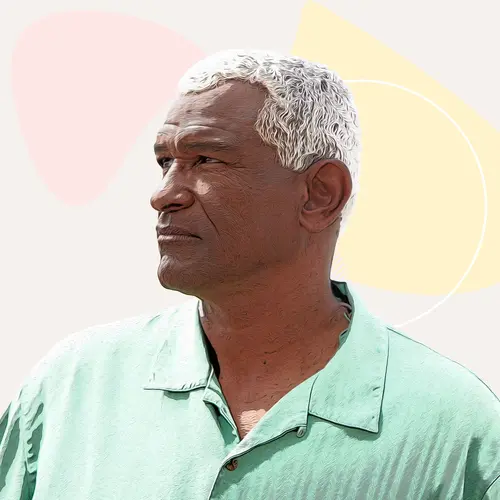If your non-small-cell lung cancer (NSCLC) has spread to the brain, your doctor has to take extra care to get your treatment just right. Your brain controls everything you do, from snapping your fingers to remembering your name.
So the key is to relieve the symptoms of your brain tumors without causing any harm. For years, that has meant surgery, radiation, or both. But recently, people with brain tumors from non-small-cell lung cancer have another option: targeted therapy.
How Will I Know Which Treatment Is Right?
You and your doctor will talk it through. You'll consider:
- How many tumors you have
- Where they are in the brain
- How big they are
- What symptoms they cause
And one other thing comes into play: your genes. This is a big one. Doctors have figured out some of the changes in genes that can cause NSCLC. If you have one of them, there's a good chance you'll start with targeted therapy. If not, surgery and radiation are the main choices.
Targeted Therapy
Drugs used in targeted therapy attack specific changes in how cancer cells work. So they tend to leave healthy cells alone, which can mean fewer side effects.
If you have one of the known NSCLC gene changes, you'll likely start with targeted drugs no matter where the cancer has spread. And since some of these drugs help with brain tumors, you might avoid surgery and radiation, or at least put them off.
But treating the brain with drugs comes with an extra challenge. You have a blood-brain barrier that keeps harmful stuff in your blood from getting to your brain. For a drug to work, it has to make it through that barrier.
Doctors are still working out which drugs are best at this. Some of the older targeted ones, like crizotinib (Xalkori), can't get through that barrier. But some newer ones can, like alectinib (Alecensa), which is used when you have the ALK gene change. And the results have been promising.
No matter which drug you start with, you'll get regular MRIs to check how it's working.
Surgery
Your skull is hard and your brain is soft. So as these tumors grow, there's only one place to go: They press on your brain. Doctors call this the mass effect.
For a tumor that's causing a lot of pressure, surgery may be the first choice. Even removing just part of it can relieve your symptoms within hours.
In general, surgery makes the most sense when:
- You have one or two tumors or a few that are close together.
- There's a clear link between your symptoms and where the tumor is located.
- Your NSCLC is stable, so it's not getting worse at the moment.
- Removing the tumor won't harm the brain.
Doctors can do the surgery in different ways. Some may use smaller tools guided by cameras. Others may do a more traditional open surgery.
Radiation Therapy
Radiation uses high-energy beams to kill cancer cells. There are two main types for attacking brain tumors:
Stereotactic radiosurgery. Also called the gamma knife, doctors sometimes use it when they can't safely remove a tumor with surgery. And it's more common when you have just a few tumors.
You get a high dose of radiation in a specific part of the brain. This keeps your healthy brain cells safe. How many doses you need depends on the size, location, and number of tumors.
Whole-brain radiation therapy (WBRT). This is the standard treatment when you have several tumors that are more spread out. As the name suggests, you get radiation on the entire brain.
You usually need it once a day for 5-10 days, depending on things like how bad your symptoms are and what other treatments you decide on.
Doctors sometimes use WBRT after surgery or the gamma knife to help keep tumors from coming back.
Medicines That Might Ease Symptoms
Your doctor might also suggest a few drugs, which play more of a supporting role:
Steroids. They're a likely first step in treating brain tumors in the short term. They lower swelling and pressure, which can help relieve headaches and other symptoms.
Side effects from steroids often get worse the longer you're on them and the higher the dose. Some common problems include trouble sleeping, being hungry a lot, and mood swings.
Anti-seizure drugs. They're important if your brain tumors cause seizures. These drugs can help keep them at bay.
Side effects depend on which drug you take. They may include an upset stomach and throwing up, feeling sleepy, dizziness, and memory problems.
